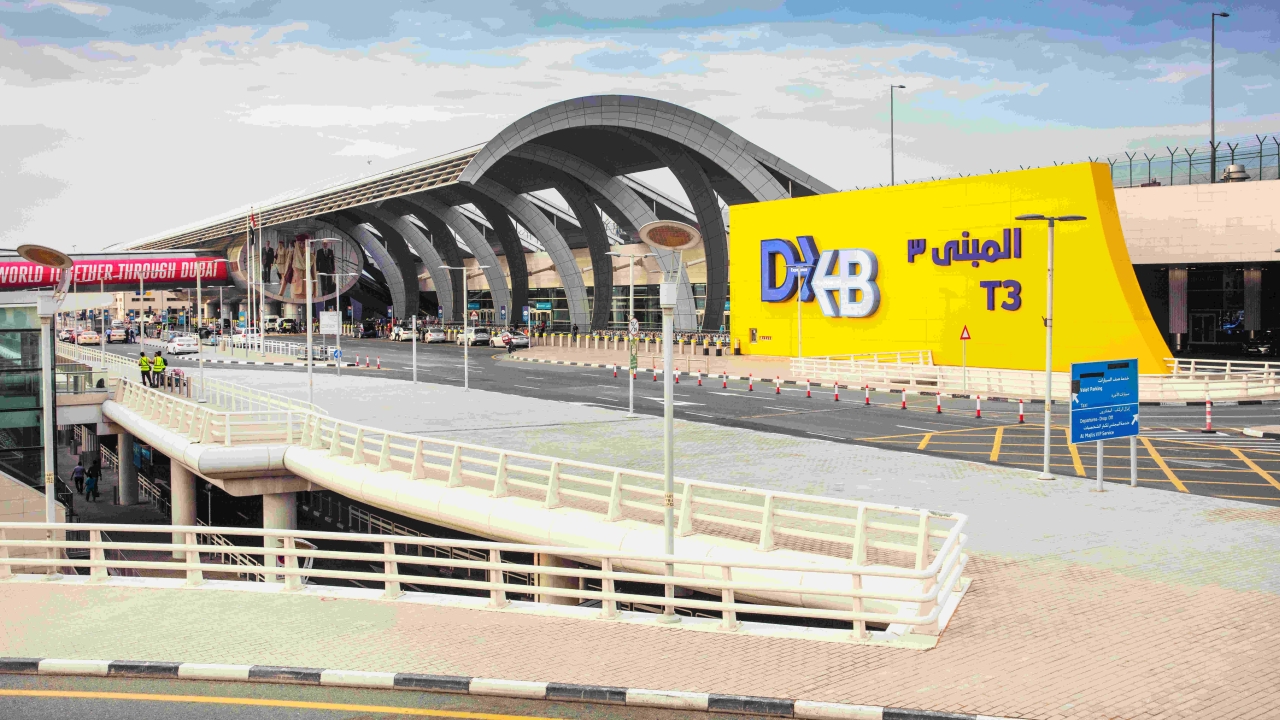DAFZA issues guide on 'Dubai: The Global Gateway to Halal Industries'

The first-of-its-kind guide titled ‘Dubai: The Global Gateway to Halal Industries’ describes Halal products in different sectors, highlighting several investment opportunities for foreign investors to contribute to enhancing the Islamic economy.
The guide showcases the economic system of Dubai, which is supportive of growth and prosperity and is strongly committed to become a global capital for the Islamic economy. The new guide, which is printed with the ‘Dubai Font,’ helps foreign investors explore and evaluate the various segments of the Halal market ranging from food and beverages, pharmaceuticals and cosmetics to tourism, fashion and design and retailing. Assessment forms and checklists are provided to help investors navigate the Islamic market and shape strategic pillars and courses of action.
In cooperation with the Dubai Islamic Economy Development Center (DIEDC) and Knowledge Partner DinarStandard, DAFZA’s Halal specific guide aims to generate awareness and engage foreign investors with the opportunities floating in the Halal space, which will have an impact on the FDI flows. The guide provides a detailed explanation of each Halal related segment with a strong emphasis on the importance of Dubai as the premiere gateway to all OIC countries markets with excellent flight connectivity. It also details the UAE’s Halal eco-system, showing procedures, transactions, standards, and services from the government entities, such as Halal certifications and accreditations, business license, consultations and other aspects.
DAFZA also highlighted some of it elite clients who shared their successful Halal stories from Dubai, such as Abbot Laboratories, Hershey’s, Natura Bisse, and Spanish Kits.
Dr. Mohammed Al Zarooni, Director General of DAFZA said: “This initiative is a key differentiator led by DAFZA to raise awareness and attract FDI’s to boost the Halal industries growth from Dubai. The guidebook shed light on the successful strategy of the UAE and Dubai in enhancing foreign investors’ experience in the sense of setting up business and issuing Halal certification, which is aligned with all national efforts to develop a strong Islamic economy. DAFZA has always been a key supporter to the national initiatives contributing to Dubai’s vision of becoming an international investment hub. Our outlook for the UAE’s Halal sector is very positive, as the UAE ranked first among Arab countries and second in the World Islamic Index for 2016.”
He added: “Dubai’s free zones have played proactive roles in developing the Emirate’s vital sectors, including the Halal industry that has achieved an annual growth of 8 per cent according to official statistics. Due to its steady growth and consistent contributions to the national economy, the sector has been receiving unprecedented government support as well as posting strong trade flows due to the investment opportunities it facilitates, which advance the market among the ranks of global players. The knowledge DAFZA contributes through this guide complements its leading role in the economy that has spanned more than two decades. We look forward to presenting this guide to the whole world through seminars and our participation in international economic events, promote the Halal and attract foreign direct investment to Dubai, the Capital of the Islamic Economy.”
According to the Global Islamic Economy Report 2015 - 2016, the Islamic economy is estimated to be worth USD 1.9 trillion and is forecasted to exceed USD 3 trillion by 2021 at an 8 per cent annual growth. The food and beverage industry ranks first among Muslims, with a total estimated value of around USD 1.17 trillion which is expected to grow to near USD 1.9 trillion by 2021. The next most popular sector among the Islamic community is clothing which is worth an estimated USD 243 billion. Islamic entertainment follows at an estimated USD 189 billion, then travel at about USD 151 billion, and halal medicines and cosmetics at USD 78 billion. As industry leaders continue to promote their ingredients used in Halal products, Halal industries are expected to be collectively worth around USD 213 billion by 2021.
ESMA recently reported that the Halal markets and related products are estimated to be worth over USD 2.3 trillion, with the food and beverage sector accounting for around 67 per cent of the total volume of trade at approximately USD 1.4 trillion. With the growth rate expected to reach 5.6 per cent annually by 2020, the annual Halal spend is expected to reach USD 1.6 trillion. Other statistics report that around 75 to 80 per cent of Halal foods is being imported from non-Islamic countries.
Stay up to date
Subscribe to the free Times Aerospace newsletter and receive the latest content every week. We'll never share your email address.

